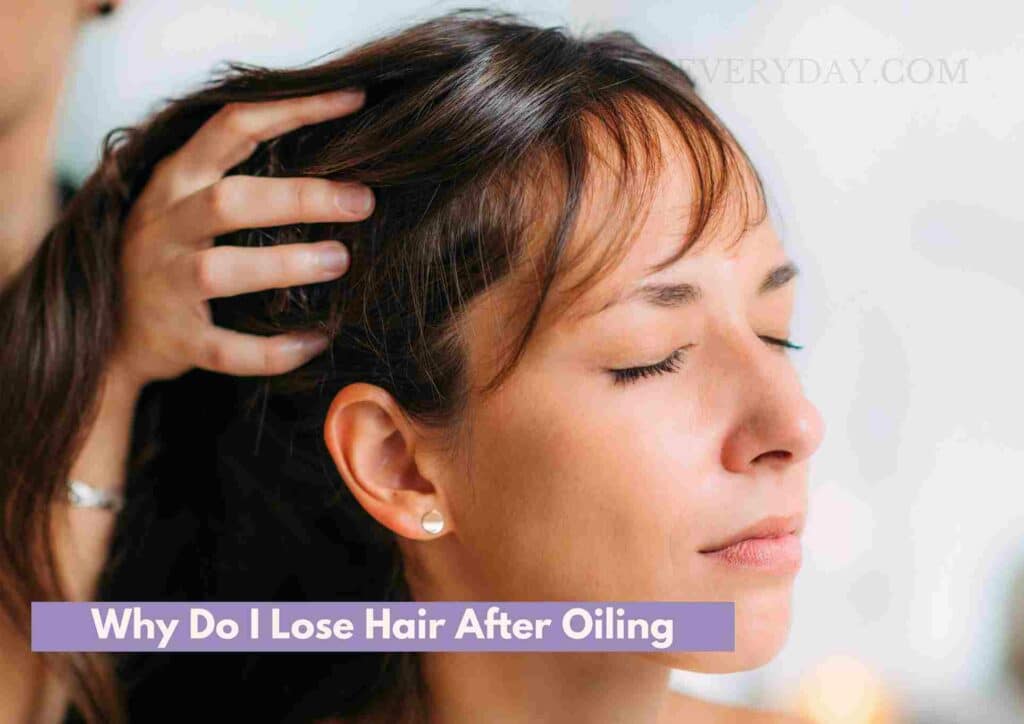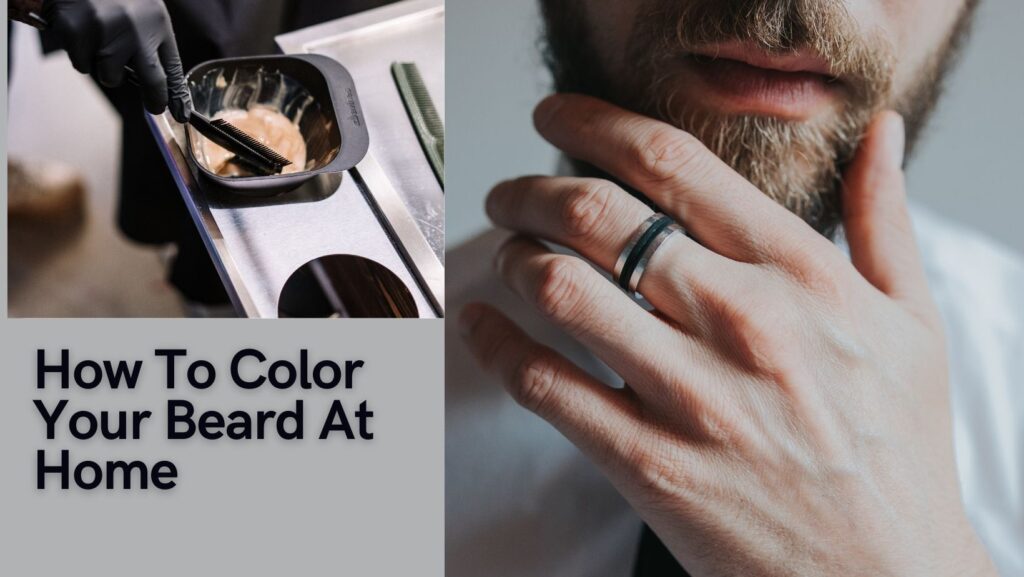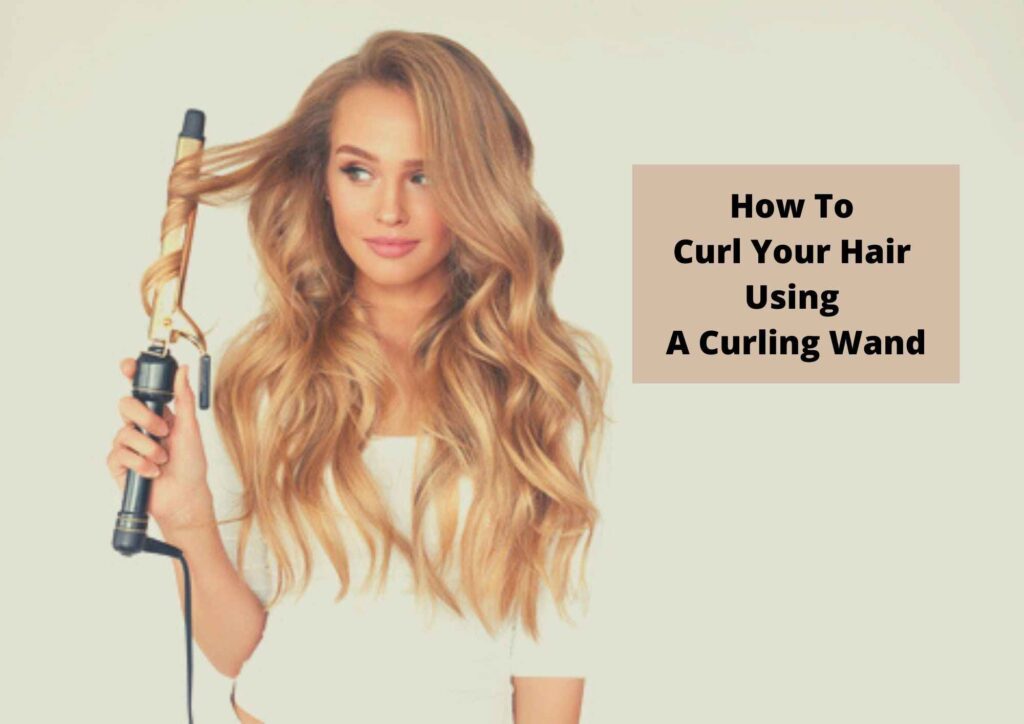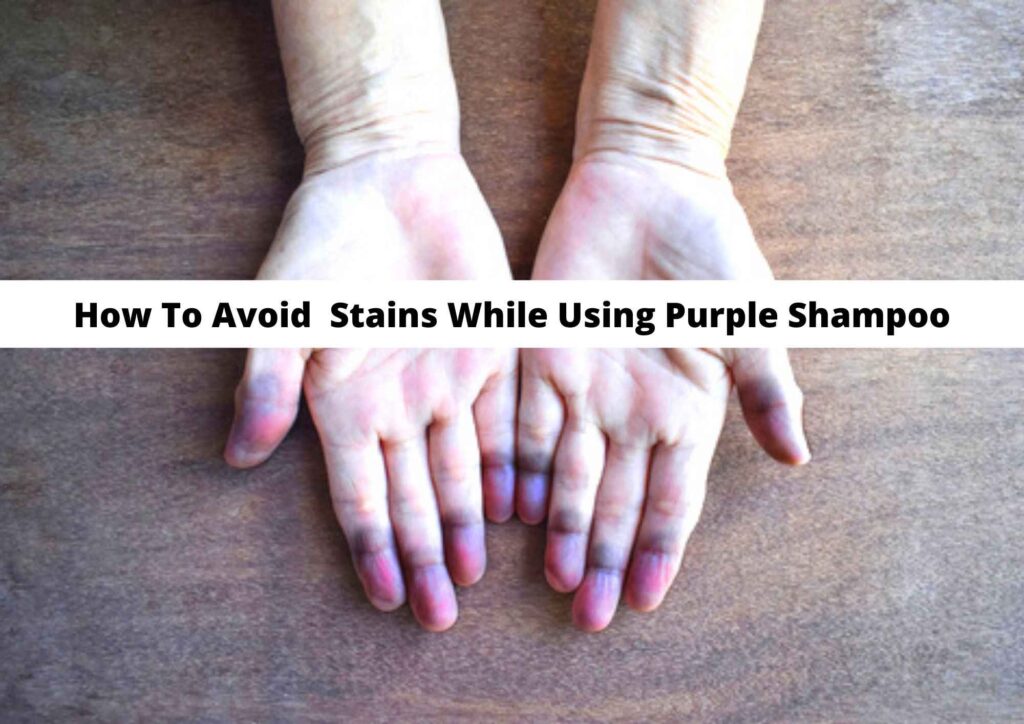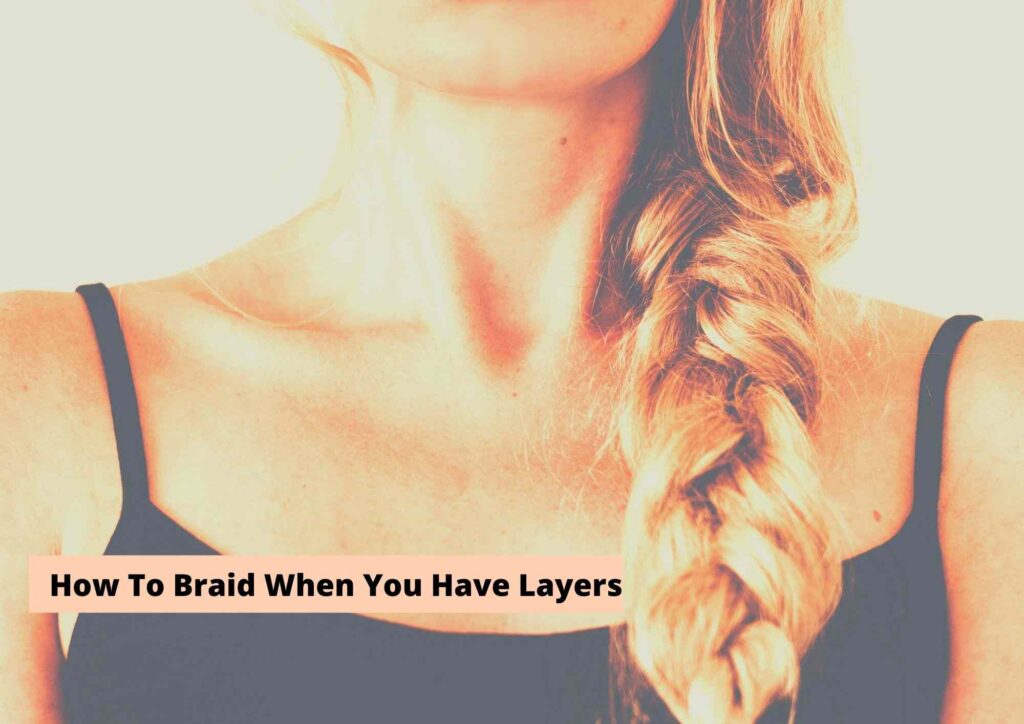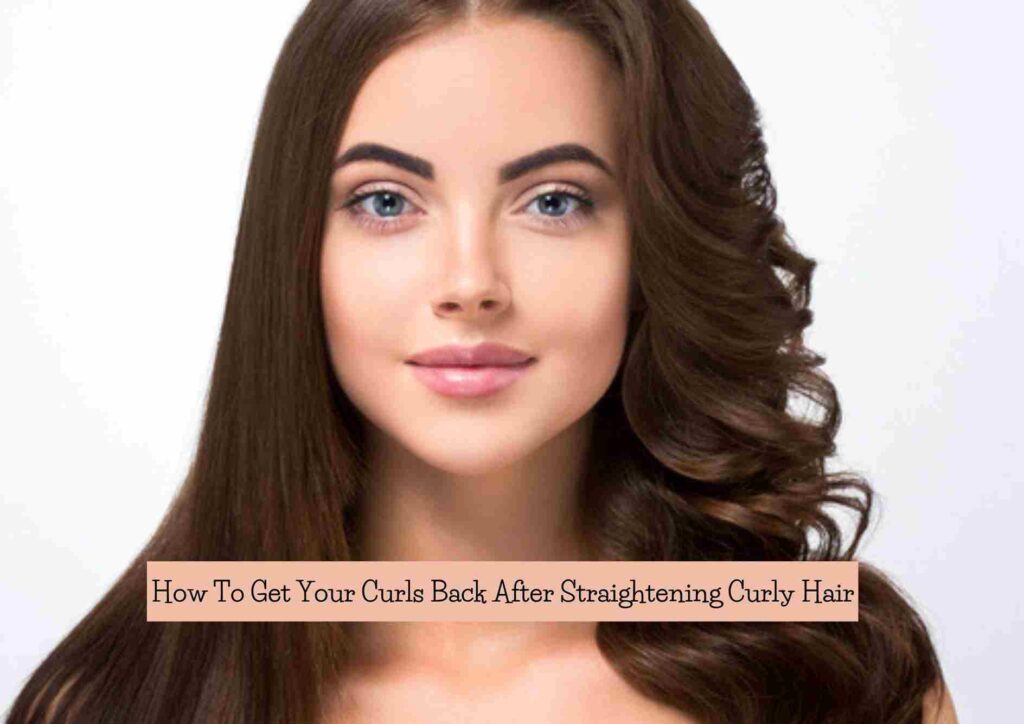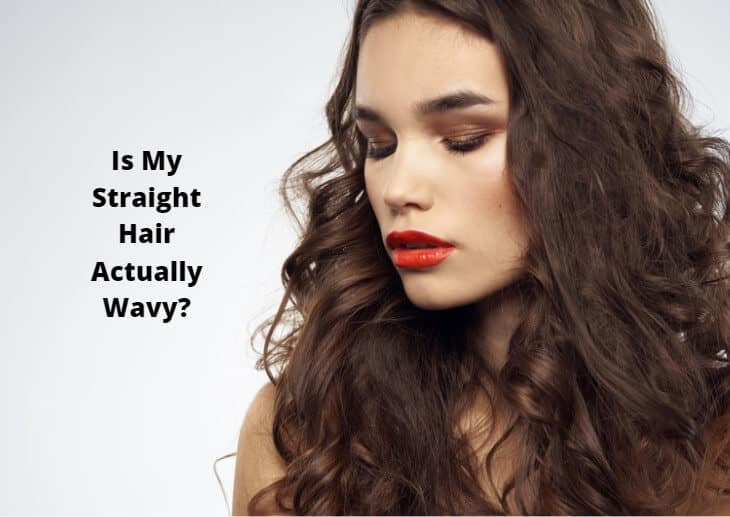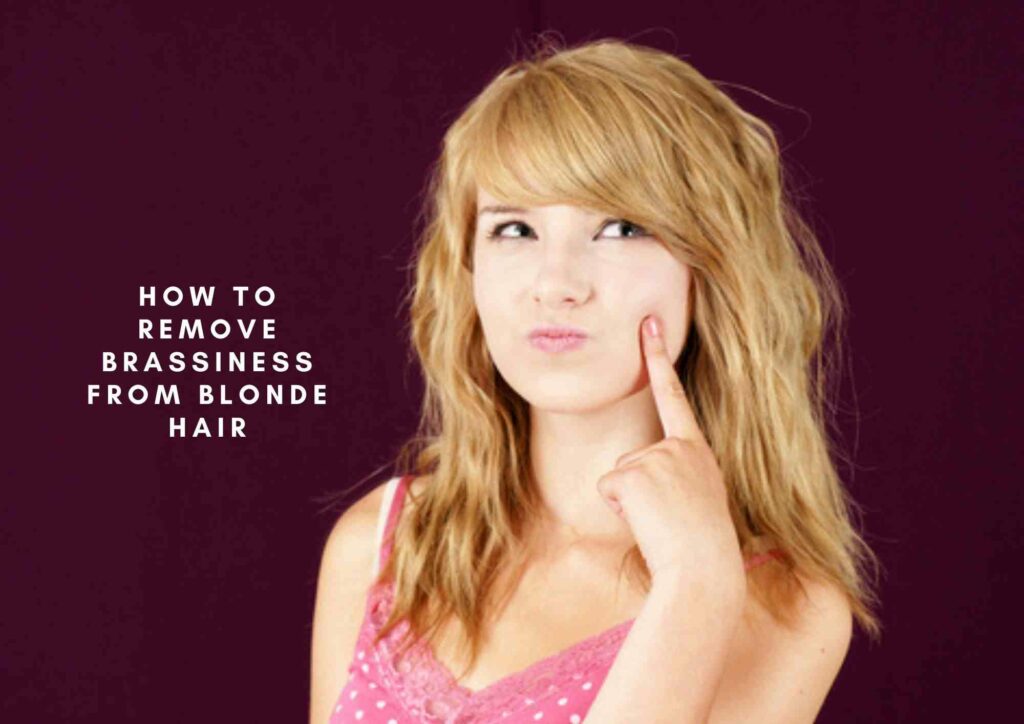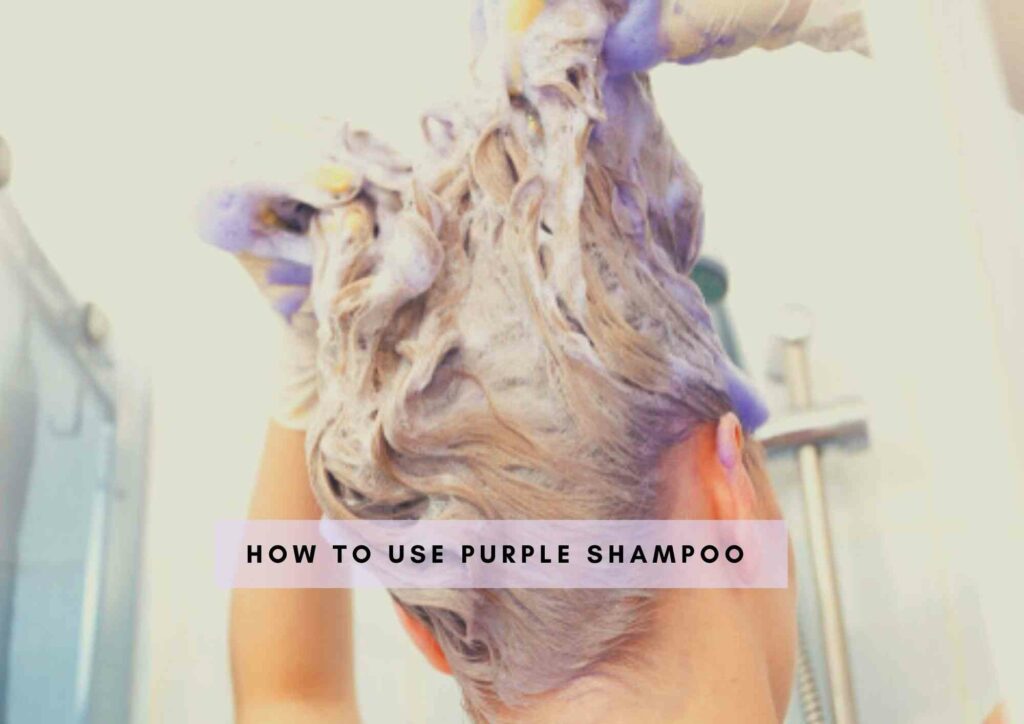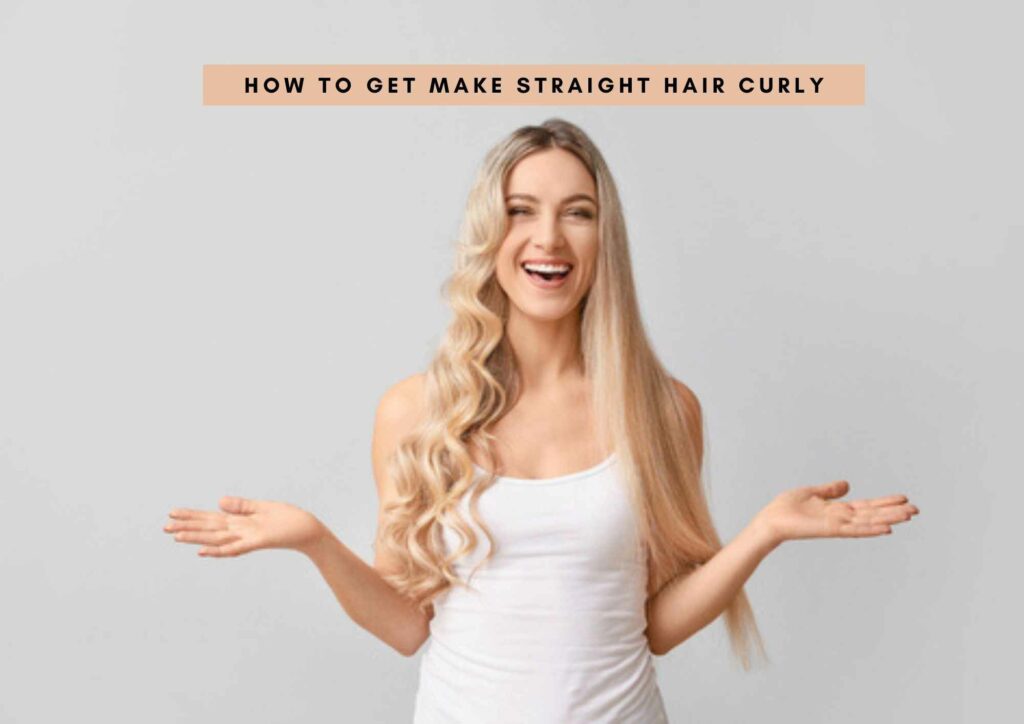If you’re wondering why you lose hair after oiling, check out this article to find out and also learn how to oil hair gently without damaging your scalp.
As a person who routinely oils their hair, I’ve noticed instances of hair loss and found myself wondering why this occurs. After all, oiling our hair is supposed to promote hair growth and help maintain a healthy scalp. However, it’s not uncommon for people to experience hair fall while oiling, leading to confusion and frustration.
Key Takeaways
Losing a few hair strands during oiling is normal, but excessive shedding should be addressed. But if you’re losing more than 100-150 strands, it could be due to:
- Rubbing Too Vigorously
- Applying Cold Oil To Scalp
- Wearing Tight Hairstyles After Oiling
- Going Out After Oiling
- Rubbing Too Vigorously
- Leaving Hair Overnight
Why You Should Trust Haireveryday?
The author of this article, Leah Marie Priest has a degree in Cosmetology with years of experience in dealing with hair care, scalp care, and hairstyling. As someone who extensively deals with all kinds of hair textures, products, styling methods and more, hair Leah Marie knows what kind of products and procedures suit each hair type and person. We have also tested these hair products and processes ourselves to provide you an unbiased review about every product. Each of our articles are also reviewed by a team of medical professionals so that you get the most accurate and expert-reviewed information.
Why Do I Lose Hair After Oiling Overnight
Rubbing Too Vigorously
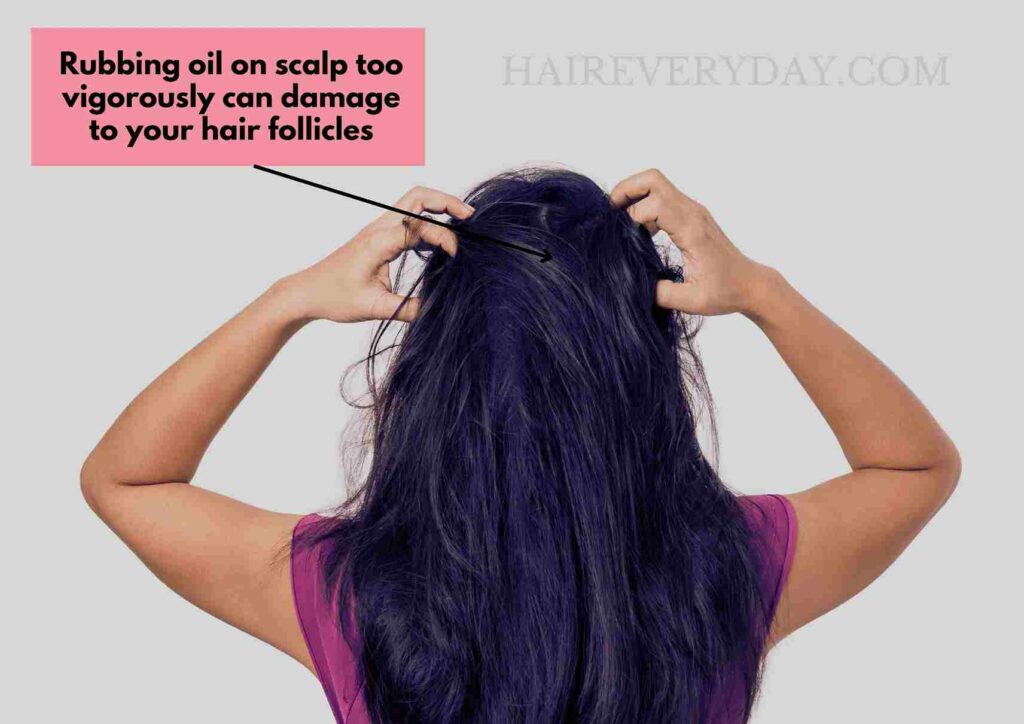
When it comes to oiling your hair, it’s important to be gentle with your scalp. While there are studies that show that “Hair thickness was shown to increase with standardized scalp massage” (Koyama, Taro et al. “Standardized Scalp Massage Results in Increased Hair Thickness by Inducing Stretching Forces to Dermal Papilla Cells in the Subcutaneous Tissue.” Eplasty vol. 16 e8. 25 Jan. 2016), rubbing the oil too vigorously can actually do more harm than good. It may cause unnecessary damage to your hair follicles, leading to increased hair fall.
To avoid this, take a soft and gentle approach when applying the oil. Use your fingertips to massage the oil into your scalp in circular motions. This will help stimulate blood circulation and promote hair growth, without causing any harm.
Remember, it’s not about the force you apply, but the technique you use. So, be gentle and mindful of your scalp while oiling your hair to prevent further hair loss.
Applying Cold Oil To Scalp
Applying cold oil to the scalp can have negative effects on your hair. When the oil is cold, it can constrict the blood vessels in the scalp, which in turn hinders proper nourishment to the hair follicles. This lack of nourishment can weaken the hair strands and lead to increased hair fall.
So, it is important to ensure that the oil you apply is at an optimal temperature, preferably warm or at least room temperature. This allows for better absorption into the scalp and promotes healthy hair growth.
It is also recommended to warm the oil slightly by placing the container in a bowl of warm water before applying it to your scalp. By using a slightly warmer oil, you can maximize its benefits and minimize any potential damage to your hair. So to sum it up, a little warmth can go a long way in keeping your hair healthy and strong.
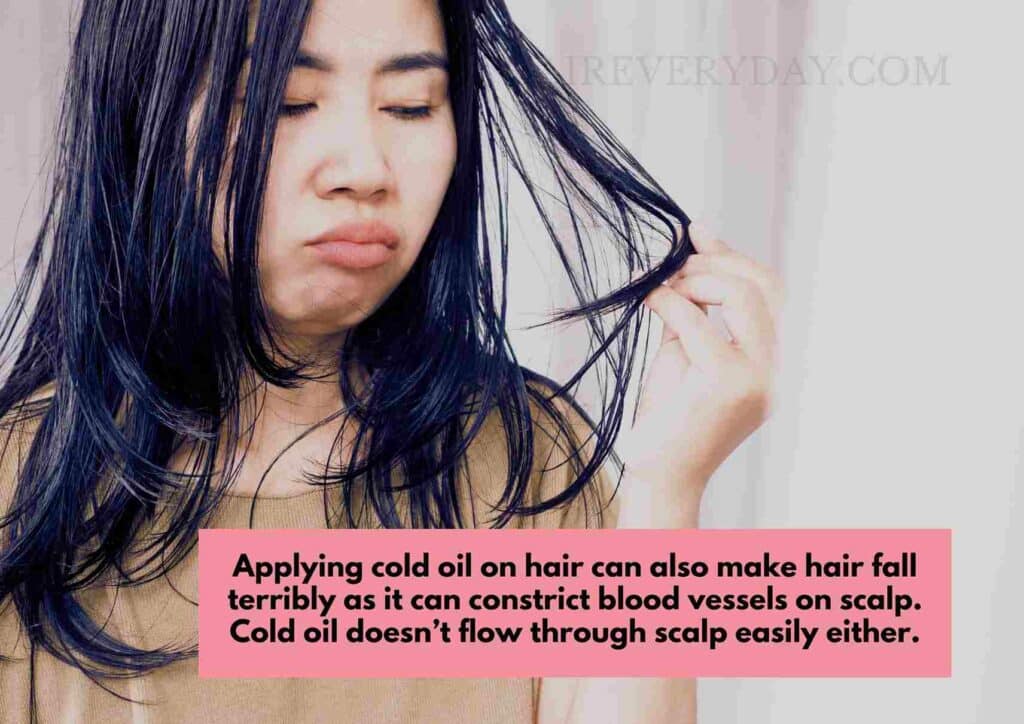
Wearing Tight Hairstyles After Oiling
Wearing tight hairstyles immediately after oiling your hair can have detrimental effects on your hair health. The tension exerted by tight hairstyles can strain the hair strands, resulting in breakage and increased hair fall.
When your hair is oiled, it becomes more susceptible to damage, and wearing tight hairstyles only adds to the stress on your hair follicles. It is important to give your hair some breathing room after oiling to allow for proper absorption and nourishment.
Opt for looser hairstyles or simply let your hair down for a while to avoid unnecessary breakage. If you absolutely need to tie your hair, use a soft, loose hair tie or a satin scrunchie to minimize tension and prevent hair damage.
Allowing your hair to relax after oiling will help maintain its strength and prevent further hair loss.
Going Out After Oiling
If you’ve just oiled your hair, it’s important to be mindful of what you do next, especially if you plan on going out. This is because stepping out into the sun or wind can exacerbate hair fall.
The harsh environmental conditions can strip away the natural moisture and protective layer of oil on your hair, leaving it vulnerable to breakage and damage. Additionally, the friction caused by external factors can further weaken the hair strands and lead to increased hair fall.
To prevent this, it is advisable to take precautions after oiling your hair. Consider protecting your hair by wearing a hat or scarf to shield it from the sun’s harmful rays or gusts of wind.
This will help minimize the exposure of your oiled hair to external elements and reduce the risk of hair fall. If you must go out immediately after oiling, be sure to handle your hair with care and avoid any activities or hairstyles that may put excessive stress on your hair follicles.
Leaving Hair Overnight
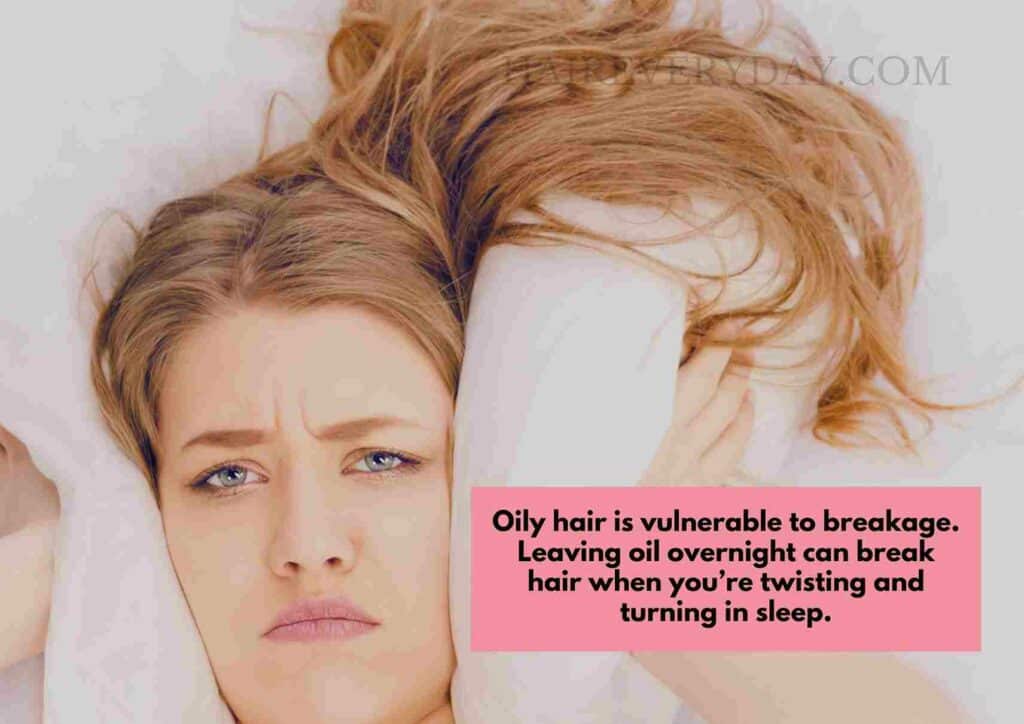
Leaving oil in your hair overnight may have unintended consequences and could contribute to hair loss. When oil is left in the hair for an extended period of time, it can weigh down the strands and clog the hair follicles, leading to a lack of oxygen and nourishment.
This can weaken the hair follicles and result in increased hair fall. Additionally, sleeping with oiled hair can transfer the oil to your pillowcase, which can then rub against your hair and cause friction, leading to breakage.
To prevent hair fall from leaving oil in your hair overnight, it is recommended to wash your hair before going to bed. This will remove the excess oil and ensure that your scalp and follicles can breathe and receive proper nourishment.
Alternatively, if you prefer to keep the oil in your hair overnight, you can cover your hair with a shower cap to minimize the transfer of oil onto your pillowcase.
How To Stop Hair Fall While Oiling
I’ve found that hair fall during oiling can be concerning, but there are a few effective practices to minimize this issue. By following these steps, I ensure that my hair’s health is maintained, and hair fall is minimized during oiling sessions.
- Choose the right oil: Picking the right oil is essential. I select oils that are known for their hair growth and strengthening properties. Castor oil, coconut oil, and olive oil are some of the best options I’ve found effective. It’s also helpful to mix these oils with essential oils like rosemary, lavender, or tea tree oil for added benefits.
- Warm the oil: Before application, I make sure to warm the oil slightly. This helps with better absorption into the hair shafts, promoting stronger roots. However, I test the temperature by placing a few drops on my wrist before applying it to my scalp.
- Be gentle: I understand that being gentle is crucial when applying oil. Roughly massaging or pulling on the hair can cause unnecessary breakage. I usually apply oil with my fingertips, using gentle circular motions to massage the scalp, which also stimulates blood circulation.
- Comb before oiling: To reduce hair fall, I’ve found that combing my hair gently before applying oil helps remove any tangles. This makes it easier to distribute the oil without causing more breakage. I use a wide-toothed comb and gently work from the tips up to the roots.
- Don’t leave the oil in for too long: Leaving oil in my hair for an extended period can attract dirt, dust, and other debris, which can weaken the hair shaft, leading to hair fall. I typically leave the oil in for 30 minutes to 1 hour before washing it off with a gentle shampoo.
- Rinse with lukewarm water: When washing off the oil, I avoid using hot water, which can cause more damage to my hair. Instead, I opt for lukewarm water, as it aids in removing the oil without causing additional stress to the hair strands.
By incorporating these practices, I’ve managed to significantly reduce hair fall during oiling sessions while enhancing my hair’s overall health.
How Much Hair Fall Is Normal While Oiling
Hair fall during oiling is a common concern for many people. It’s normal for some hair to fall out during the oiling process due to a variety of reasons. On average, losing 50 to 100 hairs a day is considered normal. However, the actual amount can vary from person to person.
Summary
In summation, oil treatments can be beneficial for our hair, but we must carefully consider the type of oil, application method, and how often we apply it. It’s essential to strike the right balance to gain the benefits without causing hair loss.
- Choose the right oil: Opt for oils like coconut, olive, or jojoba that nourish and moisturize your hair without damaging it.
- Apply the proper amount of oil: Avoid saturating your scalp with an excessive amount of oil; a little goes a long way.
- Be gentle with your hair: Massage the oil into your scalp using your fingertips, avoiding harsh rubbing or tugging.
- Use the correct frequency: Oiling your hair too frequently can clog pores and lead to breakage; most people find success oiling 1-2 times per week.
Also Read:
What Happens If You Oil Hair Everyday
Hair Feels Sticky After Washing: Here’s Why?
My Hair Feels Waxy? Here’s the reason!
To Summarize

